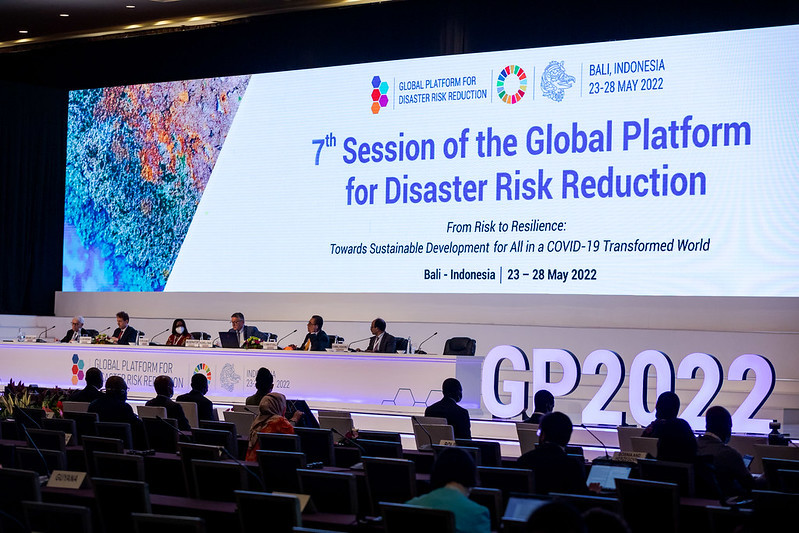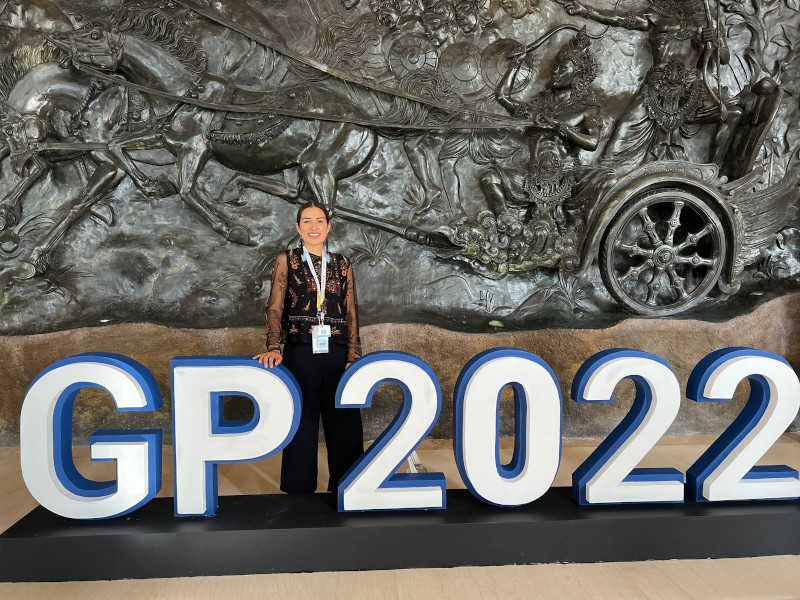The 7th Global Platform for Disaster Risk Reduction took place in Indonesia, on the beautiful island of Bali. His Excellency Bapak Joko Widodo, This important event was organized by the United Nations Office for Disaster Risk Reduction and hosted by the Government of Indonesia. His Excellency, the President of the Republic of Indonesia Mr. Joko Widodo, Ms. Amina Mohammed, Deputy UN Secretary-General, H.E Wayan Koster, Governor of Bali, Ms. Mami Mizutori, Special Representative of the United Nations Secretary-General for Disaster Risk Reduction, ministers, and other high-level government representatives of some 184 countries attended the Global Platform to address the critical situation we are in concerning the rise of climate disasters.
"Climate disasters and hazards such as the COVID-19 pandemic are a wake-up call", said Ms. Mami Mizutori in her opening statement. She shared with us that disasters are affecting "the world's most vulnerable countries and people". What has become clear is that 'resilience must be our mantra'. But how do we move from risk to resilience? How do we inspire greater resilience in our communities?
Indonesia is especially prone to a vast range of climate disasters. His Excellency President of the Republic of Indonesia, Joko Widodo shared that, on average, Indonesia experiences 500 earthquakes in a month, whether they be smaller ones or bigger ones. "Between 2015 and 2021, 121 volcanic eruptions occurred", said the President. He added that Indonesia is also prone to forest fires.
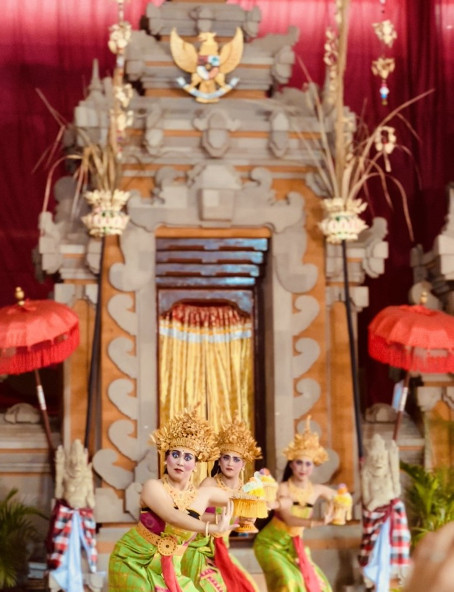
During the first high-level dialogue "Where Do We Stand?", H.E Mitiku Kassa Gutile, Commissioner for Ethiopia Disaster Risk Management Commission brought to the Global Platform the Ethiopian perspective and agreed that 'we are on a fast track to climate disasters'. Our planet is speaking to us, and we must listen. We are in a climate emergency. In Ethiopia, more than 1 million people are displaced due to conflict or disasters. Gutile said it well: "There is not enough investment in prevention and in attenuation. The government has invested millions of dollars to save lives. That could have been allocated to Disaster Risk Reduction and climate change adaptation".
The dialogue's moderator asked the panellists, "How do we ensure that people are not left behind as we try to get back on track?" What is clear from the responses is that "we need to put people first". Saber Hossain Chowdhury, Member of Parliament and Honorary President of Bangladesh's International Parliamentary Union, suggested a baseline where people who are "more down the road are the ones who should come first". The data collected from previous disasters show that 90% of the people dying are women and children.
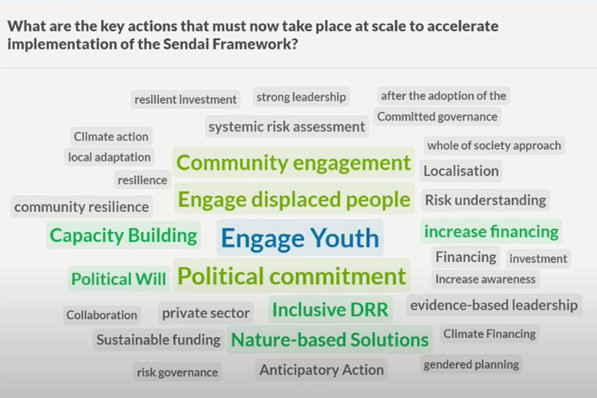 During the dialogue, delegates on-site and online had been asked to participate in a poll and describe in two words what needed to happen now to address climate disasters and risks. Here are the results. We can clearly observe how "Engaging Youth" significantly stands out from the rest.
During the dialogue, delegates on-site and online had been asked to participate in a poll and describe in two words what needed to happen now to address climate disasters and risks. Here are the results. We can clearly observe how "Engaging Youth" significantly stands out from the rest.
 At the closing ceremony, Ms. Mami Mizutori made her final remarks on the Global Platform on Disaster Risk Reduction. She mentioned that UNDRR strongly believes that there are no such things as 'natural disasters'. She further explained that disasters are man-made and that we must orient our human decisions on reducing disaster and risk. 'The good news', says Mizutori, 'is that because it is human decisions that make disasters more terrible, it is also human decisions that can reverse this tendency.'
At the closing ceremony, Ms. Mami Mizutori made her final remarks on the Global Platform on Disaster Risk Reduction. She mentioned that UNDRR strongly believes that there are no such things as 'natural disasters'. She further explained that disasters are man-made and that we must orient our human decisions on reducing disaster and risk. 'The good news', says Mizutori, 'is that because it is human decisions that make disasters more terrible, it is also human decisions that can reverse this tendency.'
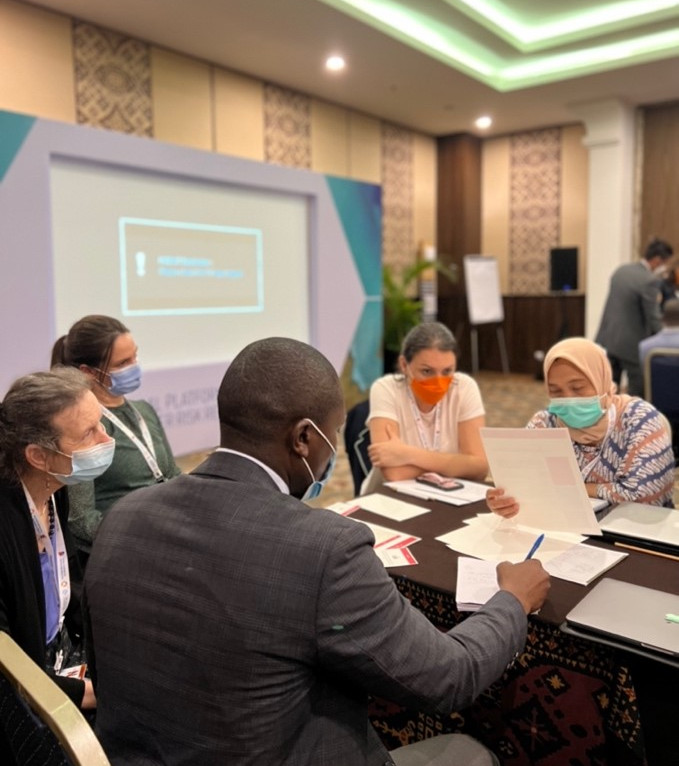 The GPDRR 2022 event not only hosted important High-Level Dialogues, Ministerial Roundtables, Midterm Review Plenaries but also prepared Learning Labs sessions. This provided the delegates with an opportunity to share a space for peer-to-peer learning on a wide range of topics.
The GPDRR 2022 event not only hosted important High-Level Dialogues, Ministerial Roundtables, Midterm Review Plenaries but also prepared Learning Labs sessions. This provided the delegates with an opportunity to share a space for peer-to-peer learning on a wide range of topics.
The Learning Lab: The Cost of Doing Nothing - Scenarios for investing in resilience provided the knowledge and tools to "Enhance understanding of risk and resilience, explore how decision making and budgeting scenarios can impact cities' risk reduction and resilience in the short, medium and long term, and reflect on workable decision making and financing solutions to risk reduction with multi-sectoral engagement."



